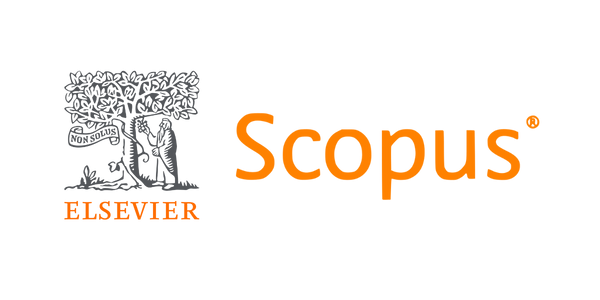Paper Submission & Review Policy
- Guidelines: Click Here.
(Authors are advised to prepare the manuscript as per conference guidelines) - Templates: LaTeX , MS-Word (Authors are suggested to prefer LaTeX template)
- The Microsoft CMT service was used for managing the peer-reviewing process for this conference. This service was provided for free by Microsoft and they bore all expenses, including costs for Azure cloud services as well as for software development and support.
- Authors should clearly identify the problem, their contributions, and justification with respect to the state-of-the-art works.
- The program committee would like to review papers that develop, argue, and provide results.
- Ensure that all co-authors have approved the final version of the manuscript before submission.
- All submitted manuscripts will undergo a single blind review process by experts in the field.
- Authors will be notified of the acceptance status of their manuscripts and any required revisions.
- Authors are expected to address reviewers' comments and revise their manuscripts accordingly within the specified timeframe.
- The review process considers both the quality of writing and the scientific impact of the work. Authors should clearly identify the problem, explain their contribution(s), and justify the state-of-the-art works. The program committee would like to review those who develop, argue, and provide results.
- Also, note that the AISEC team takes care of plagiarism (even self-plagiarism) as serious professional misconduct. All papers will be screened for plagiarism, and the AISEC team will reject them in case there exists significant overlap with the previously published papers/papers.
- Submissions should be made through SciencesConf: https://aisec25.sciencesconf.org
Copyright and Permissions
- By submitting your manuscript, you confirm that the work is original and has not been published elsewhere.
- Copyright will be applicable as per the publisher.
Publication
- A selection of papers will be published in a scopus indexed book series.
- The indexing process with Springer is currently underway, and we are actively working to ensure the inclusion of all accepted papers in their digital library. Papers could be indexed in prestigious databases like SpringerLink, Scopus and Web of Science..
- Selected and/or best papers may be extended for journal issues (SCI, Scopus, and DBLP indexed).
-

Hybrid Event
- In case authors need an option in presenting their papers and/or attending the conference event on-line, please contact at aisec@uca.ac.ma